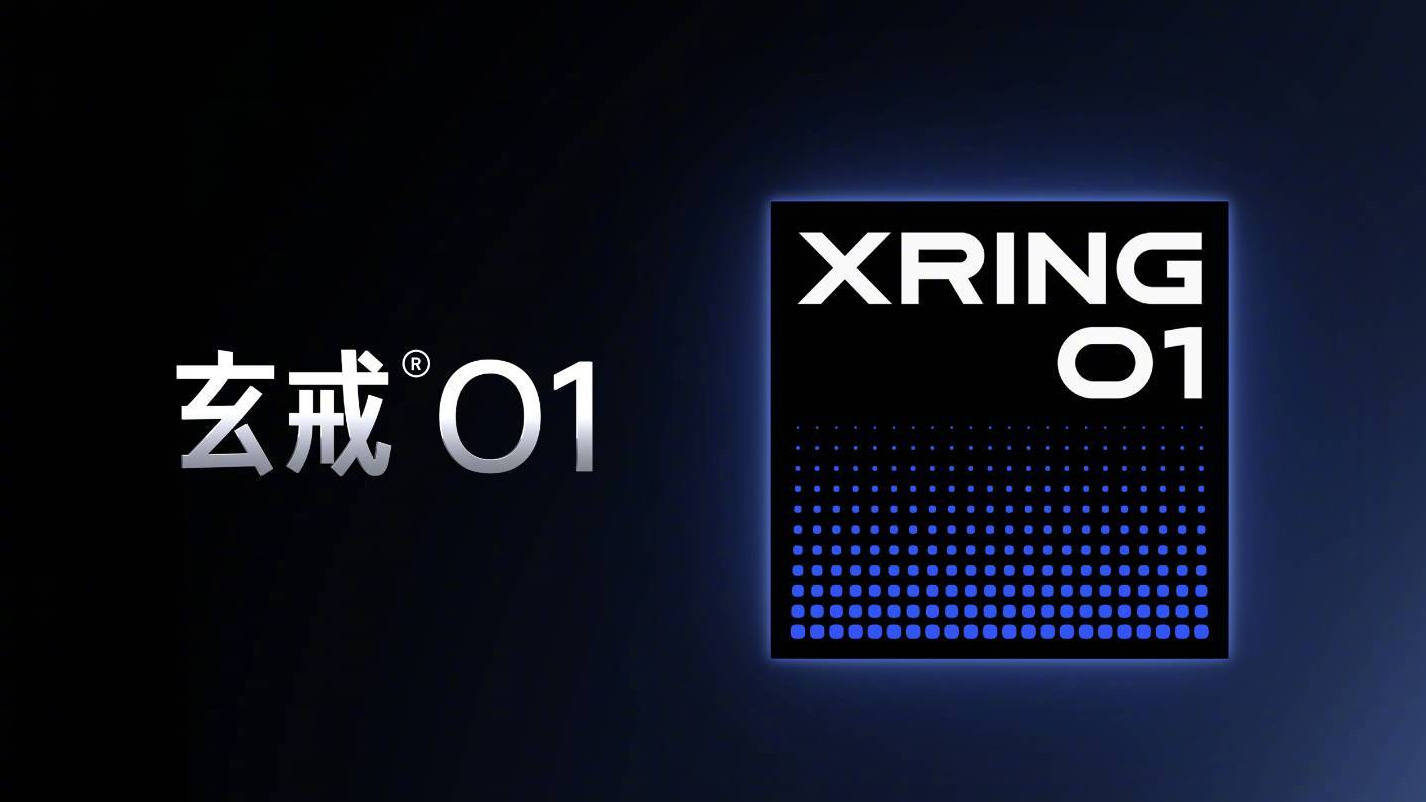U.S. ban on EDA software hits Chinese tech companies hard — Xiaomi, Lenovo among affected
This will make it harder for Chinese tech companies to design their own chips for manufacturing at TSMC.

Washington cracked down on semiconductor design software exports to China, banning companies like Synopsys and Cadence from issuing licenses to tech companies that use their software to build advanced chips. While this ban is unlikely to stop these companies from using the electronic design automation (EDA) software they already have, it will prevent them from getting updates and the required technical support needed to continue designing chips for manufacture in Taiwan, says the Financial Times.
Xiaomi is one of the bigger companies to be affected by this move, especially as it just launched the XRing 01 SoC, which uses a 3nm process node from TSMC. Lenovo, which took over IBM’s Consumer PC business, and crypto mining hardware specialist Bitmain, also use American EDA software, so they’re expected to be affected by this ban as well.
This will only impact the most advanced chips, especially those used for AI processing. Less advanced semiconductors, like those used for smartphones and other mobile devices, will likely be exempted, but we will only know for sure when the White House releases the document containing all the details of the ban.
Aside from that, China has also been working on its own EDA tools to reduce its reliance on American tech. Huawei is one of those, especially as it was one of the first major Chinese companies that received a blanket ban from the U.S..
Empyrean and Primarius Technologies also make their own respective EDA systems, while Semitronix focuses on electrical testing and semiconductor yield improvement. Chinese EDA systems still aren’t on the cutting-edge of chip development, but sources say that they’re good enough to work with older 7nm nodes and up.
The Financial Times also reported that smaller companies use pirated versions of EDA software from Synopsys and other U.S.-based companies. One analyst told the publication that it’s easy to hack into the software to use and support it without a license, which is one of the reasons why the demand for these apps is lower compared to industry growth in China.
This ban will negatively affect China’s capability to design and manufacture the most advanced chips in the short term, especially when paired with the various other sanctions that the U.S. has applied to the country. However, this will also provide Chinese companies with greater reason to push forward with their own innovations, potentially making them a threat to American technological supremacy in the long run.
Stay On the Cutting Edge: Get the Tom's Hardware Newsletter
Get Tom's Hardware's best news and in-depth reviews, straight to your inbox.
Follow Tom's Hardware on Google News to get our up-to-date news, analysis, and reviews in your feeds. Make sure to click the Follow button.

Jowi Morales is a tech enthusiast with years of experience working in the industry. He’s been writing with several tech publications since 2021, where he’s been interested in tech hardware and consumer electronics.
-
abufrejoval I can't help but think that this is a good thing...Reply
...for the Chinese EDA tools industry.
Which will then come after the incumbents with a vengance.
Generally it might also obscure whatever insights EDA vendors today might still gleam from integration work with Chinese fabs and their PDKs.
Very little long term gain I can see, just more short sighted interventionism. -
doomtomb They should've done this a long time ago. Hard to put the cat back in the bag after the milk's been spilt all over everyone's shoes and the balloon popped upsetting Mary at the birthday party. The current EDA that they've already accessed will still be good for a long time, plus they just clone their own.Reply -
roba67 Reply
There are just two EDA companies in the US and they are monopolies. The two monopolies have consistently bought out all competing EDA companies, raised prices 10X and claimed IP ownership.abufrejoval said:I can't help but think that this is a good thing...
...for the Chinese EDA tools industry.
Which will then come after the incumbents with a vengance.
Generally it might also obscure whatever insights EDA vendors today might still gleam from integration work with Chinese fabs and their PDKs.
Very little long term gain I can see, just more short sighted interventionism.
A ban on sales of EDA software tends to destroy any chance of IP enforcement when China creates their
own or cracks existing licensing. -
Geef China shouldn't need to worry. From the stories put out around once a week here on Tomshardware their companies make tons of chips and equipment that 'may' be faster than the best out there!Reply
Unless of course, those stories... weren't true...